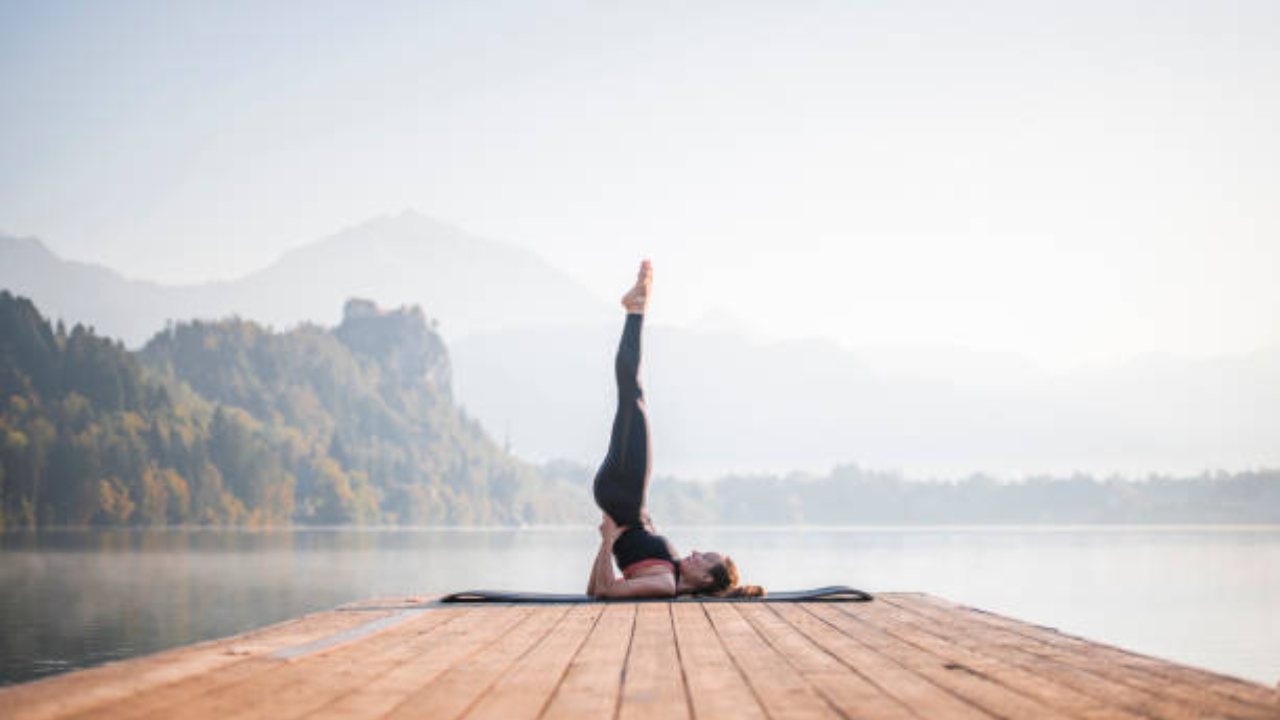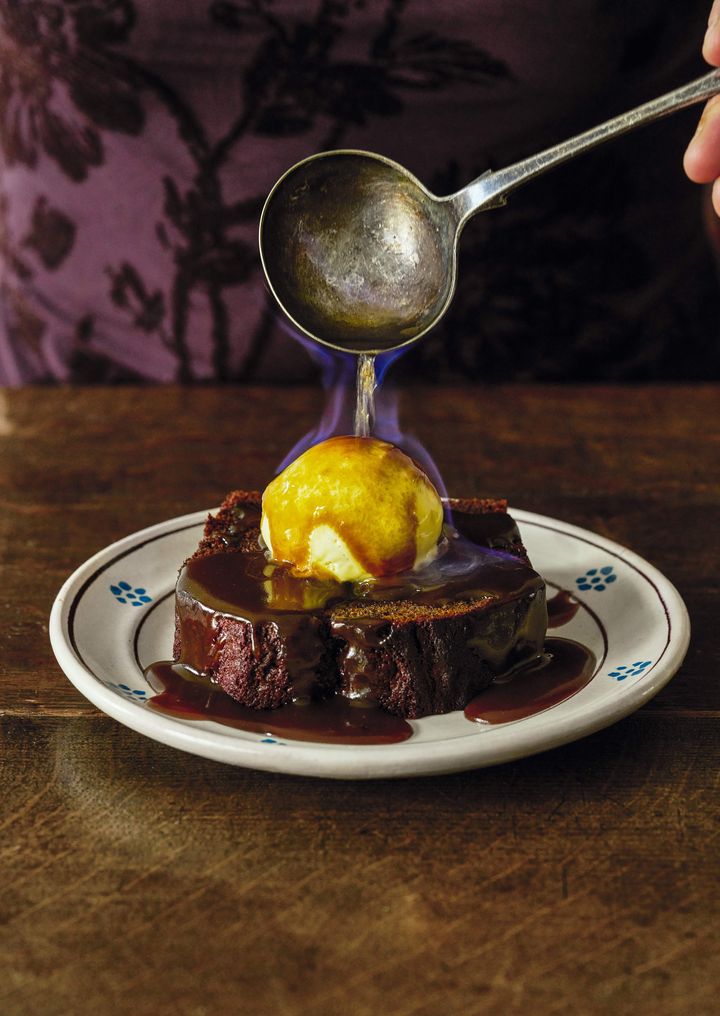Why There's Still Stigma Around Periods in Sports, According to Athletes and Coaches
From the very first time she laced up her sneakers at high school track practice through her final race as a collegiate athlete, Olympic runner Colleen Quigley never felt ashamed to have a period. Her parents and coaches normalized the conversation from a young age, she says, and she quickly learned that menstruation is simply a facet of her physiology (and an important one, at that)."They always made me feel like this is something we can talk about, and getting a period is a good thing," Quigley tells PS. "I do feel really lucky that this was my experience, and I had really good leadership and mentorship around it, because I know that's not always the case."Her experience is not the norm. In fact, according to data collected as part of Adidas's Stay in Play campaign, among the 14,000 athletes they surveyed, 65.3 percent had not received education on periods, and 75.8 percent had not discussed menstrual cycles with their coach. This matters for a number of reasons, not least of which is that, as research suggests, nearly one in four girls drops out of a sport during adolescence due to period-related concerns. But if the menstrual cycle is a perfectly natural process in the body - one that can have an impact on training, no less - why the silence? PS chatted with athletes, coaches, exercise physiologists, and subject matter experts to help elucidate why period taboo persists in the sports world today, why it's doing a major disservice to our female athletes, and where we can go from here.Experts Featured in This ArticleChristine Yu is an award-winning journalist and the author of "Up to Speed: The Groundbreaking Science of Women Athletes."Sam Moore, MS, CSCS, is an applied sports scientist and the first woman to serve as a director of sport science in the NCAA.Stacy Sims, MSc, PhD, is an exercise physiologist and nutrition scientist and author of "Roar."Molly Binetti, MS, RSCC, SCCC, CSCS, is a sports performance coach and director of women's basketball performance at the University of South Carolina.Why Aren't We Talking About Periods in Sports?Like many societal stigmas, the taboo nature of period talk in sports is buried under decades (even centuries) of stereotypes, misconceptions, and institutionalized ideas of womanhood. In an article for TIME, journalist Christine Yu traces some of the earliest origins of menstrual myths back to Ancient Greece and Rome, when people believed participating in sports could harm a woman's reproductive abilities. (A sentiment which, frankly, persisted well into the 1900s - the Amateur Athletic Union didn't even permit women to compete in races over 1.5 miles until the 1970s, in part due to concerns over fertility.)The connection between periods and reproductive health also means menstruation is associated with an inherently uncomfy topic for most people: sex. That fact, in and of itself, makes it a taboo topic, says Yu. "This makes it more difficult for coaches to talk to girls about, because it seems inappropriate," she tells PS. And, because it's a "natural process every woman goes through, we don't really consider it significant, and we don't often talk about the impact," says Sam Moore, MS, CSCS, an applied sports scientist. But, in doing so, "we're really missing this element of validating girls and women's lived experience when it comes to menstrual health.""It's like you're leaving a piece of yourself on that sideline."Another reason period talk is kept on the bench is because, well, "sports were created by men and for men. And so the menstrual cycle doesn't enter the conversation," Moore says. As such, the world of athletics mirrors so much of women's experiences in the world at large: we aren't beginning at the same starting point as our male counterparts. In other words, we're trying to fit into systems that weren't built with us in mind. "You don't talk about [your period], because then that really differentiates you - and we don't want to talk about anything that's gonna make us seem weaker, or make people squeamish or uncomfortable," exercise physiologist and nutrition scientist Stacy Sims, MSc, PhD, tells PS.So the mindset becomes: "I'm not going to call attention to anything that's different about me that would mark me as female or a person in a female body," Yu says. "It's like you're leaving a piece of yourself on that sideline, and you have to keep shaving off pieces of yourself in order to fit into this specific mold."Why Is Talking About Periods Important For Athletes?Not only does ignoring a woman's menstrual cycle dismiss her lived experience, it also does a major disservice to her as an athlete. "Of course, you want to be able to perform at your best during training and at your event," Sims says. "Now, if there was an X factor that affected those things in your life, wouldn't you want to identify and demystify that? Well, that's the menstrual cycle."Sims believes that aligning training with the cycle - rather than in spite of it - can support peak performance. And she's not the only one: the US women's national soccer team has been syncing workouts with players' cycles for years now, setting an example for other pro teams and young athletes alike. "Your period is a vital sign."This might look like: leveraging extra energy that arrives when hormones are dropping, lining up essential recovery days during natural phases of lethargy, and overall just taking note of symptoms throughout an athlete's cycle. By training with this kind of awareness, Sims says you're preparing your body to perform at its best in the big picture - so even if a competition day takes place during a more difficult phase of your cycle, you'll have strategies in place to feel your best (getting more sleep, prioritizing carbohydrates, etc.). And, most of all, you'll feel confident in your abilities and training. "I do think there's this element of like, what could women really do if they trained based on their own physiology, like we've been doing with men since the beginning of athletics?" Moore says.What's more, "your period is a vital sign, it can give an indication of what's going on under the surface, just like your blood pressure, just like your pulse, all of these other things," Yu says.For instance, if an athlete loses her period (an unfortunately all too common, normalized, and often glorified phenomenon in the competitive sports world), it could be a red flag that she's not getting adequate nutrition to fuel her activity. This could also potentially lead to performance deficits or bone injuries down the line. Even irregular periods or significant menstrual symptoms might indicate there are other underlying health issues to address. And beyond the more technical information one can glean from cycle tracking, Quigley says getting in tune with your body can also help foster self-compassion. Say you didn't crush your morning workout - if you're following the patterns of your cycle, you might realize you're in the part of the month when you usually struggle with higher intensity exercises. "It helps you have a little bit more grace with yourself," Quigley says. "It's just such a good ripple effect to all sorts of things: it can help prevent injury, help you train better, so you're overall more happy and healthy."How Do We Open Up the Conversation Around Periods and Sports?Although younger generations seem much more open about formerly taboo topics - mental health, sexuality, and more - the discomfort around period talk persists. So how exactly can we begin to dismantle this deeply rooted stigma? "It has to start with educating kids and girls about menstrual health - not just how it connects to fertility - and normalizing conversations around periods," Yu says. "If we're planting the seed early, we are setting the foundation for girls to treat their bodies well, and have longer, healthier athletic lives.""If we're planting the seed early, we are setting the foundation for girls to treat their bodies well."This comes down to curriculum in schools, discussions at home, and, of course, the guidance of athletic mentors. Sports coaches, in particular, have a unique opportunity to reach athletes in their most formative years - as early as middle school and well through the collegiate level."I think the number one step is for coaches to educate themselves [on the menstrual cycle], and at least have a basic knowledge," says sports performance coach Molly Binetti, a sports performance coach and director of women's basketball performance at the University of South Carolina. This education might come in the form of college- or university-facilitated seminars, meetings between coaches and physicians, or personal research. (A few great resources for both athletes and coaches, according to Yu and Sims, include the Stanford FASTR Program, the Women's Running Coaches Collective, and Voice in Sport.)From there, it's about listening to the athletes' experience, as well as talking about periods like any other training factor. "When athletes have come to me with symptoms and we adjust the workouts, those conversations go a long way in terms of them feeling comfortable. It builds trust, shows you have their best interests in mind, and validates their experience," Binetti explains, adding that this approach ultimately helps create space for athletes to talk about their cycles more openly.Ideally, "period talk" would even be part of a regular health check-in with athletes, according to Dr. Sims. For instance, at the beginning of a training session, a coach could simply run through a list of questions like: How are you feeling today? Are you injured? Did you sleep well? Are you on your period? Not only can this help normalize the conversation, but it also enables the coach to create a more optimal training plan for the athlete. Binetti says it could also be effective for schools to reach young athletes where they are - whether that's sending out anonymous surveys that gauge students' period literacy or sharing useful educational tools on social media. As a pro athlete, Quigley tries to open up about this topic online whenever she can. "I have followers who are young girls who, you know, want to get that information from someone - and they want to know if pro runners get their periods regularly," she says. After all, she adds, "you can't learn about something and grow if you can't have a conversation about it."Of course, it takes time for a full-blown culture shift. But there have been some promising recent steps forward in this space. For instance, a number of pro teams are acknowledging periods by swapping athletes' traditional white shorts with darker ones to ease the fear of visible leaks. And some brands like Adidas and Knix have even launched period-proof activewear collections, signaling to all athletes that they matter and deserve support. Plus, Moore notes there is a growing amount of sports science research on the intricacies of fitness and the menstrual cycle.All of these steps, however seemingly small, ultimately add up to large strides. Each open conversation a mentor has with a young athlete, each time a trainer tailors workouts to a menstrual cycle, and each way the world acknowledges the needs of people with periods, is significant."The purpose of sport is to teach people about life - sport is just the medium. So I think it sends a really important and necessary message to female athletes to see that the training is designed for them," Moore says. "I think it matters that we tell girls and women that they belong in sport and they have a future in sport, and they deserve to take up space. And it should be that the space is just carved out for us, but specifically designed for us at the center." Related: College Athletes Share Tips For Dealing With Periods While Training - Additional reporting by Jade EsmeraldaKristine Thomason is a lifestyle writer and editor based in Southern California. Previously, she was the health and fitness director at Mindbodygreen and the fitness and wellness editor at Women's Health. Kristine's work has also appeared in PS, Travel + Leisure, Men's Health, Health, and Refinery29, among others.Jade Esmeralda, MS, CSCS, is a health and fitness staff writer and a strength and conditioning specialist. A lifelong martial artist and dancer, Jade has a strong passion for strength and conditioning, sports science, and human performance. She graduated with a Master of Science degree in exercise science and strength and conditioning from George Washington University.
:upscale()/2023/11/03/912/n/1922729/tmp_XEi60H_9c08318139b247c5_Main_PS23_11_ForTheW_WhyPeriodsAreStigmatizedInSportsWorld_1456x1000.jpg)

















